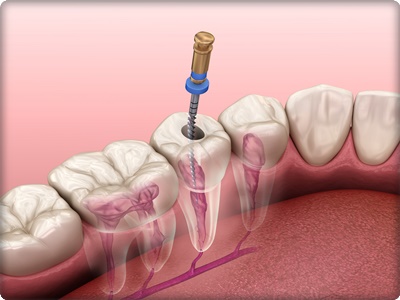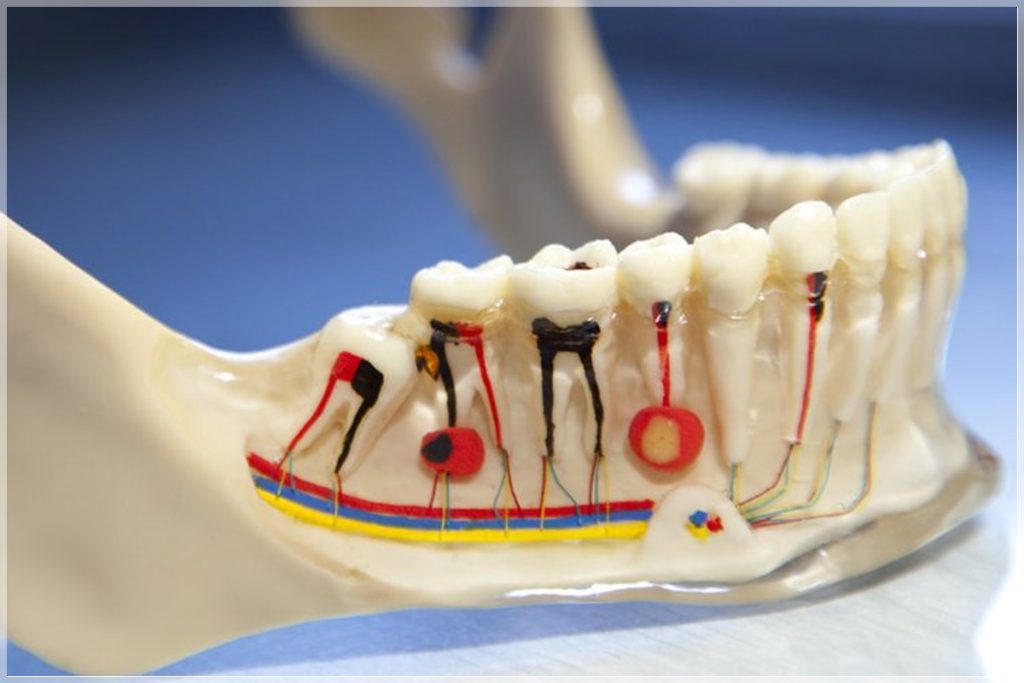- Ataşehir mahallesi 8229/1 sokak A Blok No:3/1, İzmir, Turkey


Root Canal Treatment is a method aimed at saving problematic or decayed teeth. The dental nerves, which help the teeth grow, are known as the pulp tissue. During the growth of the teeth, we use endodontic techniques to treat any damage or inflammation that occurs in the pulp tissue. Izmir Root Canal Treatment is applied to clean infections and other diseases that have spread to the dental pulp. When the pulp is unable to heal itself and leads to infections in the tooth root, the root canal treatment cleans out these infections. Bacteria caused by deep decay or fractures in the teeth are thoroughly removed through root canal treatment. For those interested in one of the most important procedures in maintaining oral health, detailed information on root canal treatment is provided in this article.

The situations where endodontic treatment (root canal) is necessary are as follows:
These conditions are thoroughly examined by our specialists, and root canal treatment is initiated based on their evaluation. After the treatment, the problems patients experience are resolved, and oral health is restored.

The steps for performing endodontic treatment are detailed below:
After the root canal treatment, a crown or filling material is used to cover the treated tooth to protect it and restore its functionality.
The duration of endodontic (root canal) treatment varies depending on the extent of damage to the patient’s teeth. Based on the condition of the tooth, the treatment can be completed in one or two sessions, but in cases where the infection is more severe, it may extend to three sessions. The first step of root canal treatment involves taking an X-ray of the patient’s jaw to determine the condition and shape of the root canals. Once the canals are identified, local anesthesia is administered to numb the area, and each session typically lasts about 1 hour.
There is generally no pain during root canal treatment, and patients do not feel anything during the procedure. While no discomfort is felt during the treatment, the post-treatment filling process may cause mild pain similar to that experienced with fillings. The local anesthesia used in root canal treatment continues to be effective for several hours after the procedure, minimizing any pain in the tooth. For some patients, there may be no pain at all, depending on their pain tolerance. Any pain or sensitivity felt during the procedure is usually due to the inflammation in the canal.

Here are the key points patients need to follow after root canal treatment to ensure its success:
It is essential for patients to attend regular check-ups after the procedure to ensure that oral health is maintained and that there are no further complications.

The success rate and potential complications following root canal treatment are as follows:
Proper follow-up and care are essential to minimize these risks and ensure the long-term success of the treatment.